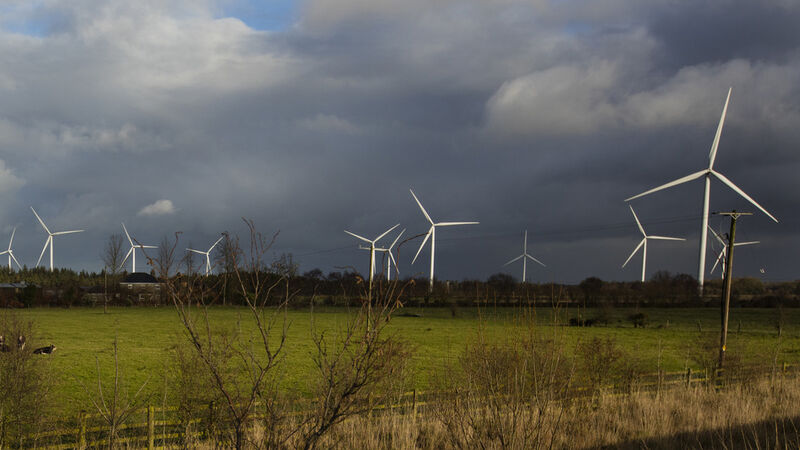Your view: Boglands play a big role in helping the environment

The construction of more and more wind turbines threatens boglands which play their own part in helping the environment. Picture: Eamonn Farrell/RollingNews.ie
In the past, the word ‘green’ (giving the Green Party its name) meant love and protection of the environment, air, land and water, and the natural world within it.
Now the environment is thought of as the provider of ever-increasing renewable energy; wind turbines threaten, so far, largely unspoilt hills and valleys, many supposedly Coillte woodlands, and now Bord na Mona boglands.








